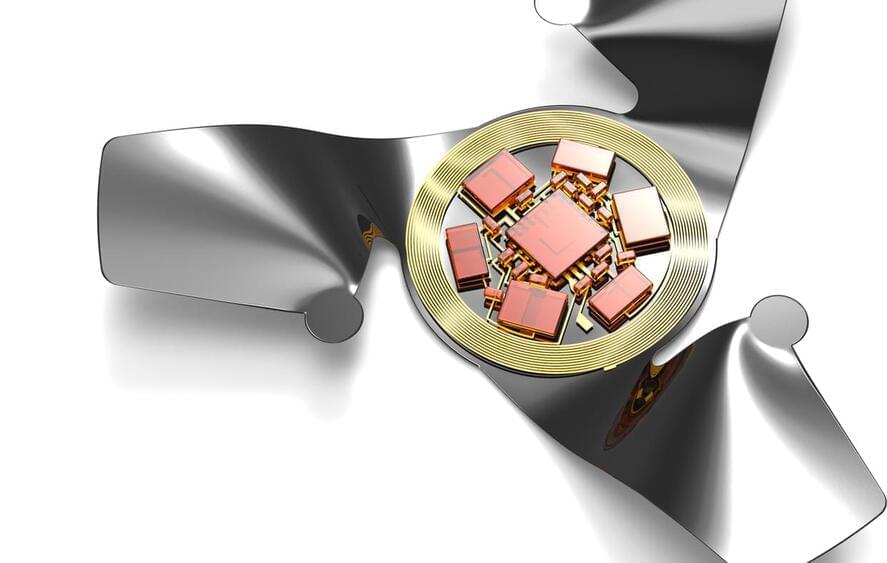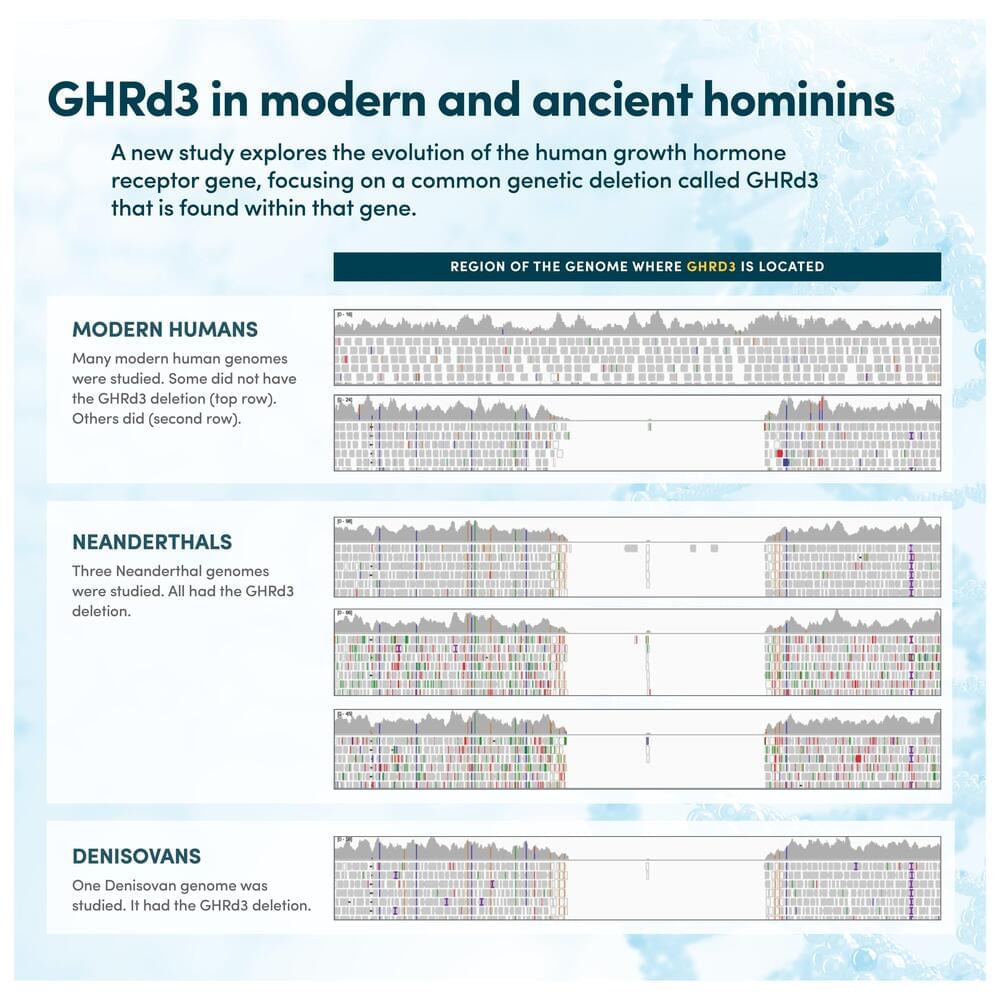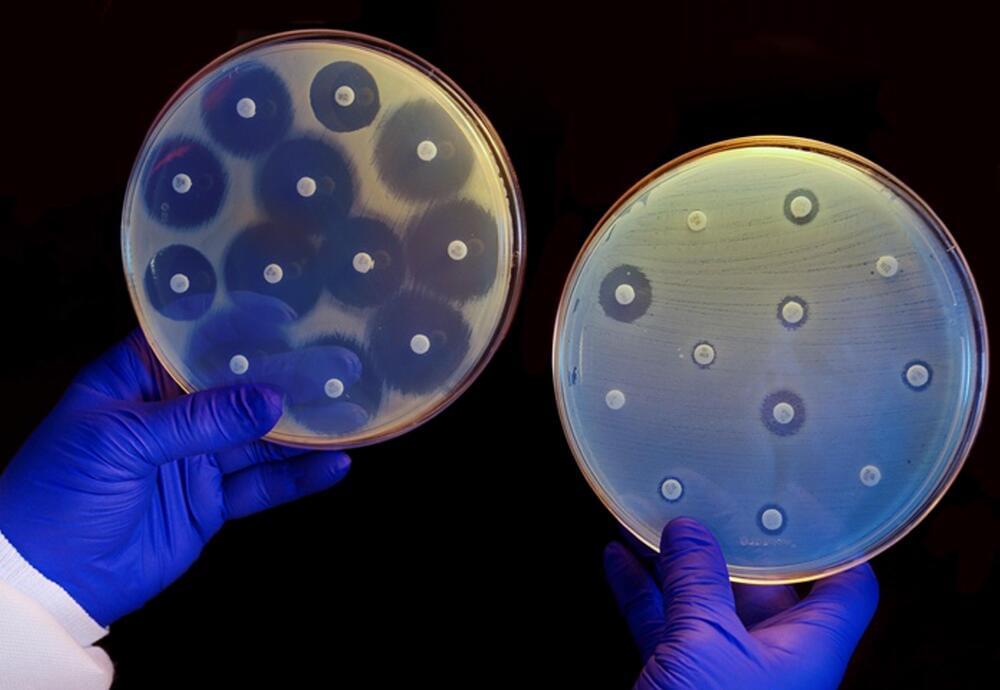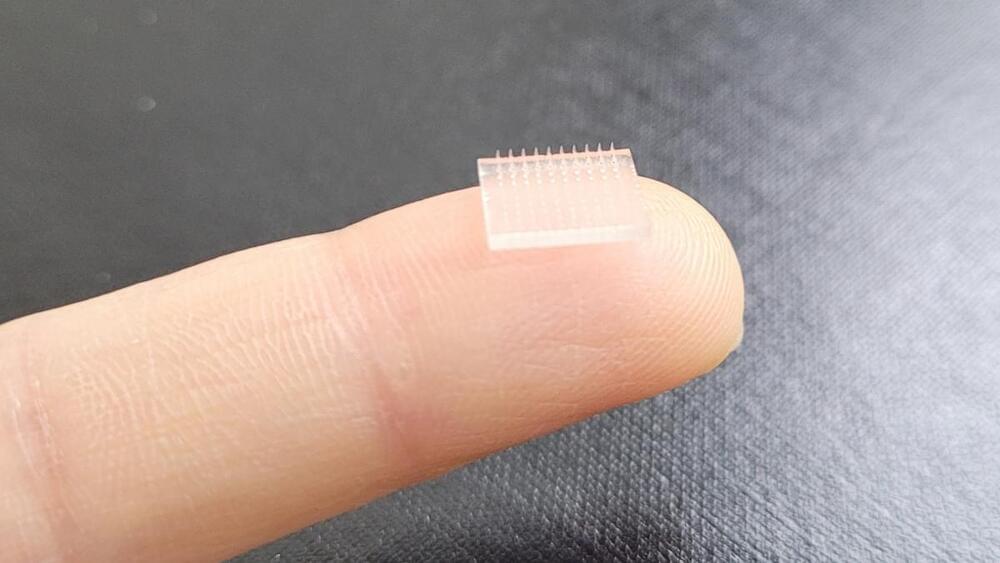Sep 25, 2021
Flying Microchips The Size Of A Sand Grain Could Be Used For Population Surveillance
Posted by Nicholi Avery in categories: biotech/medical, computing
It’s neither a bird nor a plane, but a winged microchip as small as a grain of sand that can be carried by the wind as it monitors such things as pollution levels or the spread of airborne diseases.
Northwestern University says these are the world’s smallest human-made flying structures, and they could be used for monitoring the environment, population surveillance or disease tracking.

















